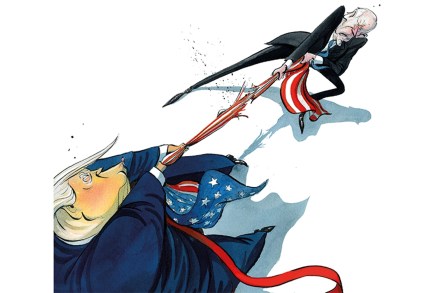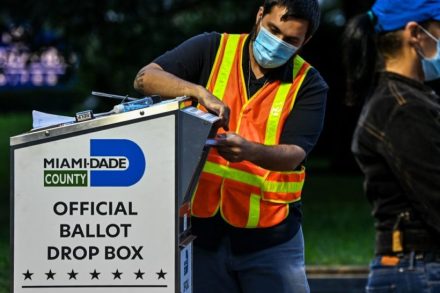Was the three tier system working all along?
14 min listen
As Liverpool begins it’s mass testing trial, ONS figures published today show that the coronavirus infection rate was fell in the week ending October 31. So was the tiered system working all along, meaning the new lockdown is unnecessary? Katy Balls speaks to Fraser Nelson and James Forsyth about the new data, Scottish independence, and the US election.




















